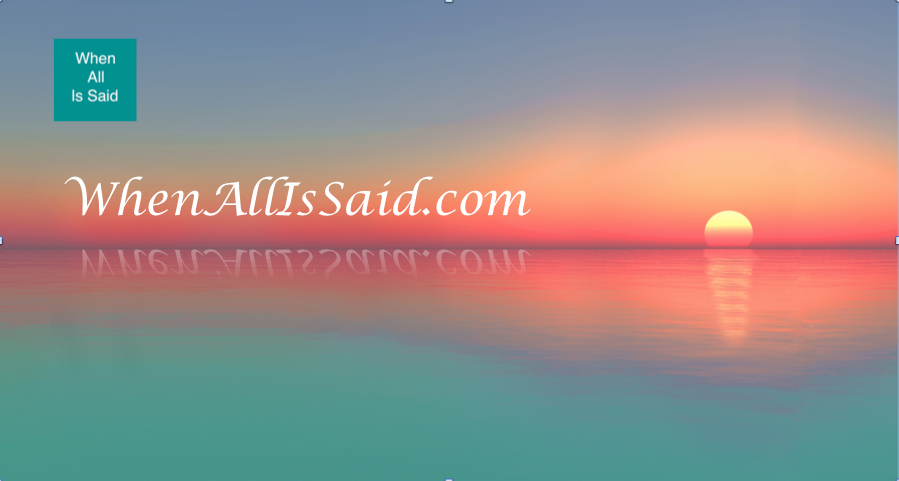 History doesn’t repeat itself, but it often rhymes.
History doesn’t repeat itself, but it often rhymes.
Attributed to Mark Twain
On this day, August 8, in 1974, Richard Nixon became the first and, so far, only U.S. President to resign from office. It was a tragic moment for the nation, regardless of one’s politics, age or persuasion.
It had been a long two years since the Watergate burglary of June 11, 1972. The Senate had begun an investigation in February of 1973. Following the resignation of his Attorney General at the end of April, Nixon was forced to allow the new A.G., Elliot Richardson, to name a Special Prosecutor. In October, he fired Richardson and the Deputy A.G. for refusing to fire Cox. Robert Bork, the third in line at the Department, did fire Cox. Interestingly, Bork was later nominated by the next Republican President, Ronald Reagan, for the Supreme Court, but was rejected due to controversial positions he had taken in certain publications.
Historians, with the advantage of hindsight, tell us that the firing of Cox made Nixon’s departure inevitable. It’s hard to say whether that was true, but, having lived through those times, there seemed to be a public consensus that Nixon’s action was beyond any standard of justice, propriety or decency. This sense was reinforced in April of 1974, when the Supreme Court forced Nixon to release the transcripts of Oval Office conversations. Apart from the legally damning portions, the ranting and abusive language used by Nixon troubled even his remaining supporters.
This period reminded me of a time I have written about earlier, when the tide of public opinion turned against Joseph McCarthy and his campaign of accusations meant to tear down others for his own benefit.
American was deeply divided in 1974 over many things that were centered over racial and generational divides, relating to everything from the Vietnam war to racial equality. We are also divided today in an almost tribal conflict between polarized political identities. We now have a President who boasts of sexual groping and has claimed he could get away with murder. He seems to measure loyalty by the extent one believes his obvious lies. Once again we have a prosecutor that the President has threatened to fire. In fact, this President has even mulled publicly about pardoning himself.
History may or may not repeat itself, but Nixon’s case offers two valuable insights. First, it took a terribly long time for justice to prevail and for Nixon to leave office, facing certain impeachment and conviction in a Senate that could no longer support him. Second, public opinion, long tolerant of his conduct, did ultimately turn against him.
We are living in a time remarkably similar to those days. None of us knows what will happen when all is said and done. It is wise though to stop and think about the past, because the perspective may be something of a guide today. As for me, I think of Welch’s words to McCarthy, “Have you no decency?”

 A
A 




 trends worth noting. First, the Republican party has replaced the Democrats in the South. It has also come to fill in most of the states that had not been formed in 1860, which I often refer to as “square states.” Added to the Republicans’ tally in this last election are also a number of the Rust Belt states whose disaffected working class sided with the party, although the vote was close in those states.
trends worth noting. First, the Republican party has replaced the Democrats in the South. It has also come to fill in most of the states that had not been formed in 1860, which I often refer to as “square states.” Added to the Republicans’ tally in this last election are also a number of the Rust Belt states whose disaffected working class sided with the party, although the vote was close in those states.

 I have tried, with limited success, to avoid politics in these periodic thoughts because the
I have tried, with limited success, to avoid politics in these periodic thoughts because the
